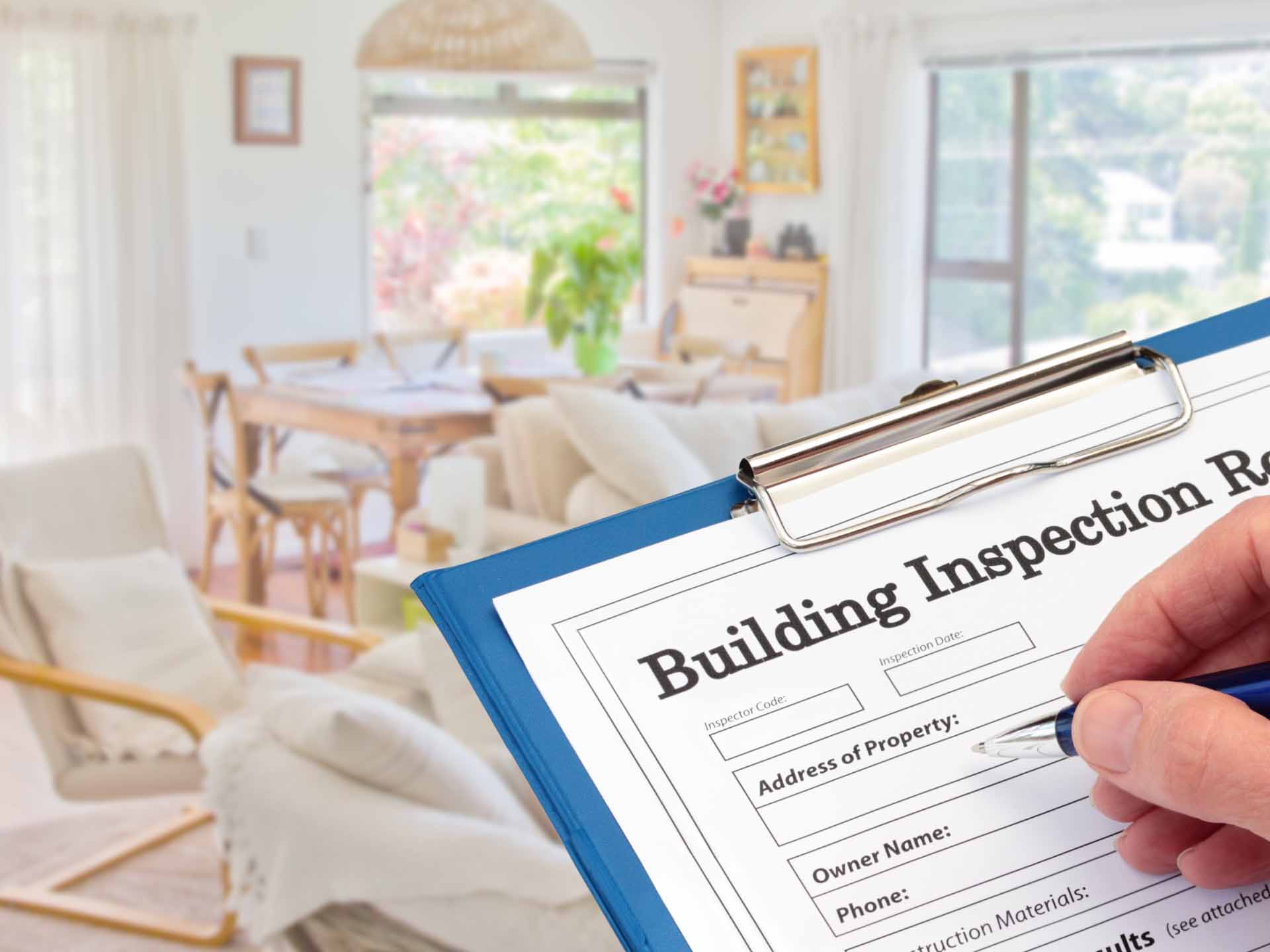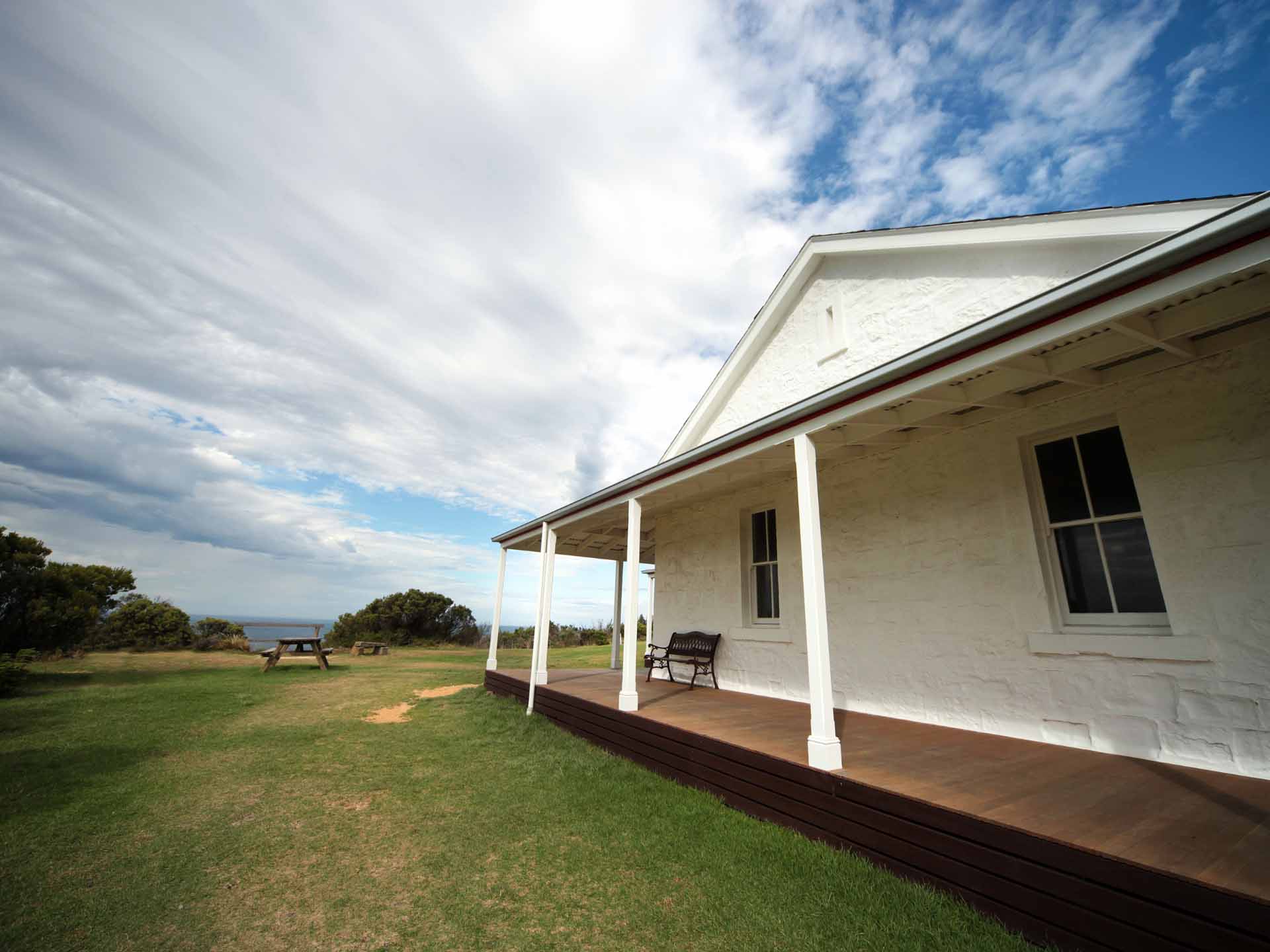Navigating the home buying process
.png)
Anyone who has been through the purchase process will know that buying a home can be exhilarating and overwhelming, especially if you were a first-time buyer at the time.
For anyone wanting to start climbing up South Australia’s property ladder, understanding the intricacies of the home buying process is crucial. From finding the right property, securing finances and navigating legal procedures, there are numerous steps involved:
Step 1: Determine your budget and financing options
Before diving into a search for your dream home, it's essential that you understand your budget and what financing options you have. Assess your financial situation, including savings, income, and expenses. Consider meeting with a mortgage broker or financial advisor to discuss loan options and have a mortgage pre-approval in place. Pre-approval gives you a clear understanding of how much you can borrow and puts you in a stronger negotiating position when you find a property of interest.
Step 2: Research the market
Take time to familiarise yourself with the property market in South Australia because it is in a state of constant change. Research different suburbs, property types and price trends. Consider factors such as the proximity to local shops, amenities, schools, medical services, public transport and future development plans. It’s always useful to spend time going to open inspections and auctions to get a feel for the market and gather insights into property values and the competition from other potential buyers.
Step 3: Find the right property
Once you have a clear budget and understanding of the market, it’s time to start your property search for real. There’s plenty of useful information available on online real estate platforms, but it’s also worthwhile speaking with local real estate agents too. Create a checklist of “must-have” features and prioritise your preferences. It’s important to be patient and thorough in your search, because finding the right property at the right price may take time – and there may be one or two compromises you might need to consider in your search.
Step 4: Conduct due diligence
Before making an offer or bidding at auction, it’s critical that you conduct thorough due diligence on the property you are keen to buy. Engage an experienced building consultant to do a comprehensive building inspection report so you understand the current condition of the property and any potential issues or defects. The report findings can be considered in any negotiations. Additionally, review the property's title, zoning regulations and any applicable planning restrictions. Consider seeking legal advice to ensure a clear understanding of the contract of sale and any associated terms and conditions.
Step 5: Make an offer or bid at auction
Once you've found a suitable property and completed your due diligence, it's time to make an offer or bid at auction. Making an offer is typically done through the real estate agent rather than direct with the seller and can be subject to specific conditions nominated by either party. If your planning to bid at auction, familiarise yourself with auction rules and regulations and set a maximum bid limit based on your budget. Of critical importance is there is no opportunity to “cool-off”, a deposit of (usually) 10% is payable on the day and settlement (payment of the balance) is usually about 30 days later – so to buy at auction you must be really organised.
Step 6: Finalise financing and legal paperwork
If your offer is accepted or you're the successful bidder at auction, it's then time to finalise your financing and legal procedures. Work closely with your mortgage broker or lender to complete the loan application process. Engage a conveyancer or solicitor to handle the legal aspects of the transaction, including property transfer and settlement arrangements.
Step 7: Settlement and possession
On settlement day, your conveyancer or solicitor will ensure that all necessary documents are in order, and funds are transferred to the seller. Once settlement is complete, you'll receive the keys to your new home and take possession of the property – which means it’s time to begin the exciting journey of home ownership.
Tips for first-time home buyers:
- Start saving early for a deposit and additional costs such as stamp duty, legal fees, and moving expenses. Stamp duty is horrendously expensive!
- Research government grants and incentives available for first-home buyers in South Australia, such as the First Home Owner Grant and Stamp Duty Concessions.
- Consider the long-term implications of home ownership, including ongoing maintenance costs, property taxes and insurance premiums.
- Don't rush into a decision; take the time to thoroughly assess each property and seek professional advice – including a pre-purchase inspection by an experienced building inspector.
- Stay flexible and open-minded during the property search, as your priorities and preferences may change over time.
- Surround yourself with a reliable team of professionals, including a mortgage broker, conveyancer and building inspector, to guide you through the process.








